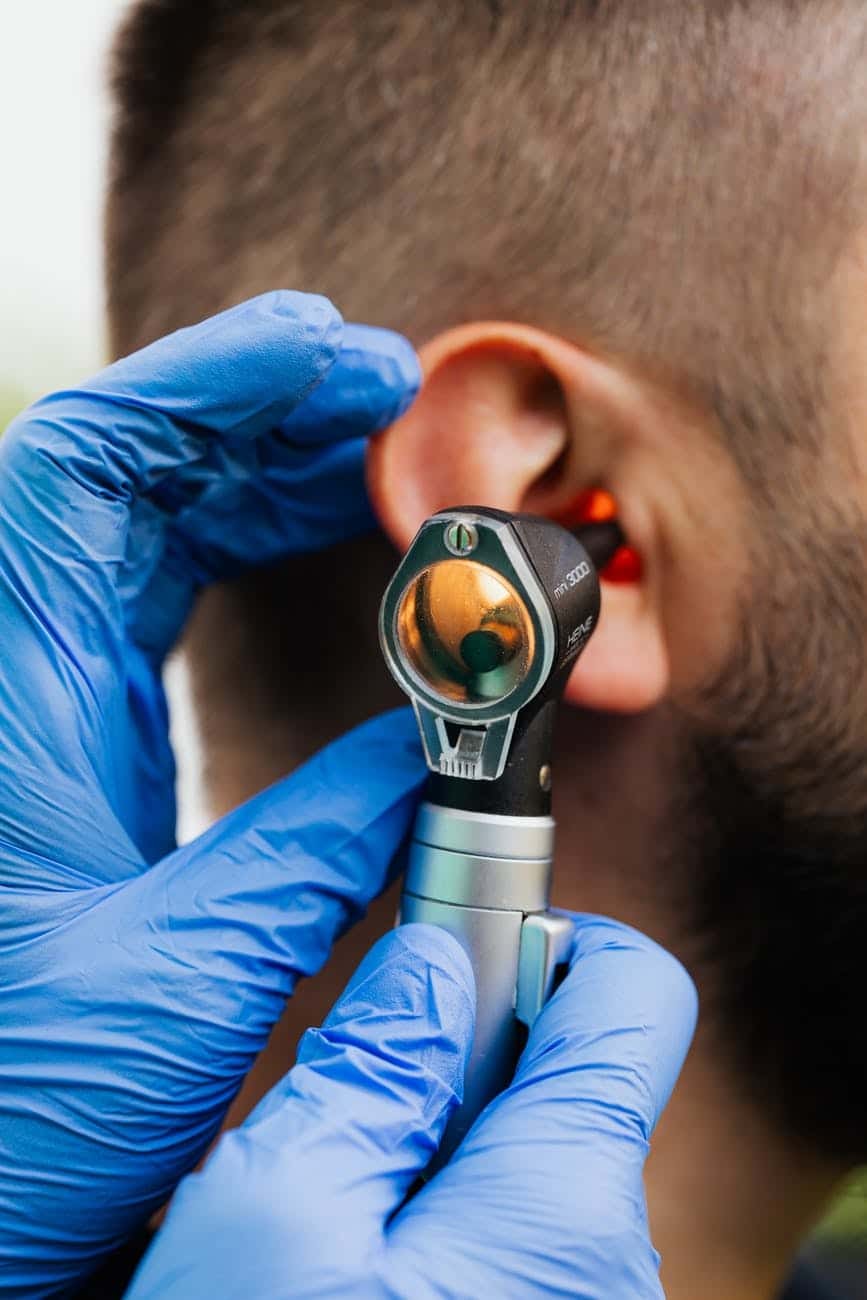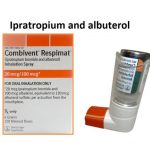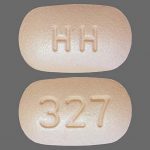
Is It Safe to Put Hydrogen Peroxide in Your Ear?
Hydrogen peroxide is commonly used in ear drops to break down earwax. However, excessive use can cause ear pain and inflammation.
Hydrogen peroxide is a potent oxidizing agent and may irritate the skin and cause rashes, especially at high concentrations. Concentrations over 10 percent can even cause burns and blistering. Other side effects of excessive use include dizziness, temporary hearing loss, tinnitus, bitter taste, and ear discharge. It may also interfere with ear examinations due to residual bubbling.
To unclog your ears with hydrogen peroxide, follow these steps:
1. Fill a medicine dropper with three percent hydrogen peroxide.
2. Tilt your head to one side and add two to three drops of hydrogen peroxide to your ear.
3. Keep your head tilted for four to five minutes.
4. Slowly turn your head to drain out the solution and excess earwax.
5. Clean your ear with a soft cloth.
Cleaning your ears at home is generally unnecessary as they can clean themselves. However, if you experience excessive earwax production, it is best to consult with a professional. Home remedies include popping the ears, ear irrigation (with caution), warm compression, oil drops (used sparingly), and over-the-counter nasal decongestants.
It is important to seek professional help if you experience severe ear pain, persistent clogged ears, fever, swelling on the face, hearing loss, or ear discharge.
Using hydrogen peroxide for teeth whitening is generally safe in lower concentrations. However, overuse can damage tooth enamel and cause gum irritation and tooth decay. It is recommended to use hydrogen peroxide teeth whitening products sparingly (two times a week) and at concentrations no higher than three percent.
Hydrogen peroxide has several benefits for oral health, such as easing toothache, treating gingivitis, serving as a toothpaste substitute, and acting as a mouthwash. However, rinsing with undiluted hydrogen peroxide can damage tooth enamel and cause redness and irritation in the mouth. Mild teeth sensitivity, gum pain, and throat soreness are also possible side effects.
Hydrogen peroxide is an effective disinfectant that can kill a wide range of microorganisms, including COVID-19. It is commonly used on various surfaces and has been proven effective at concentrations of three to six percent.
In conclusion, hydrogen peroxide has multiple uses but should be used with caution. Excessive use can lead to adverse effects, and it is important to follow guidelines and consult professionals when necessary.


